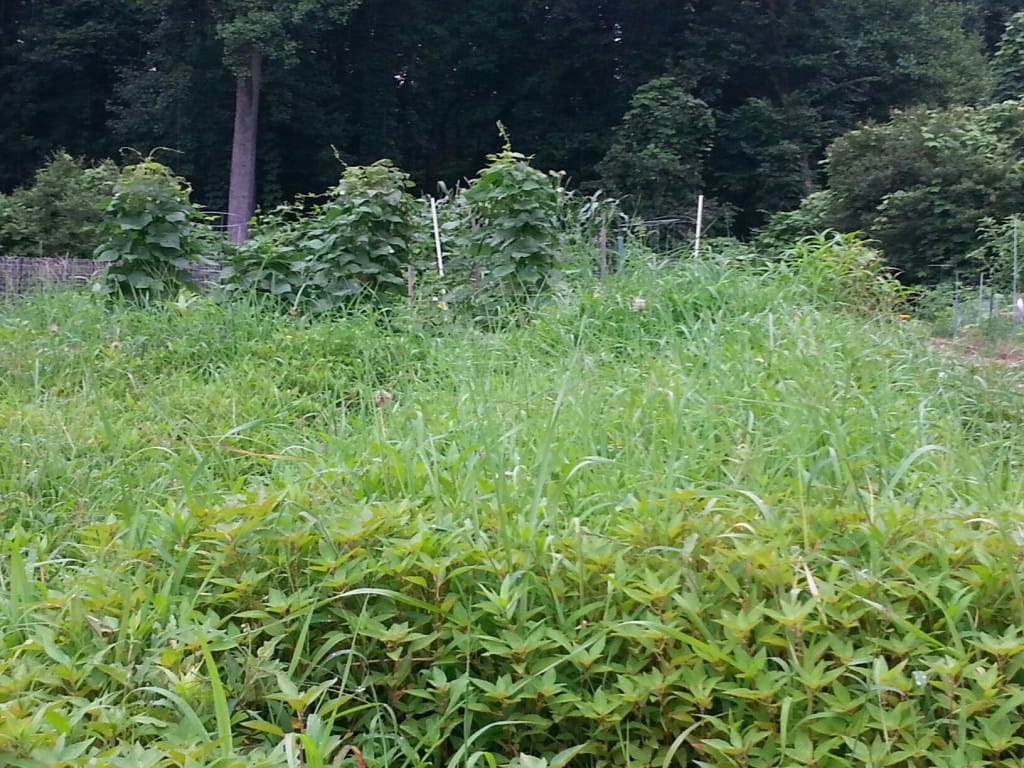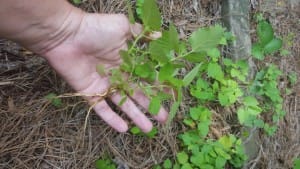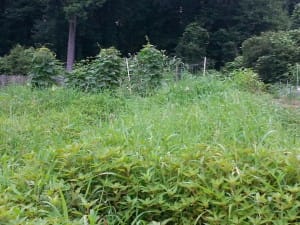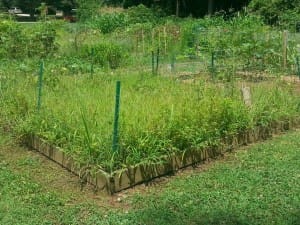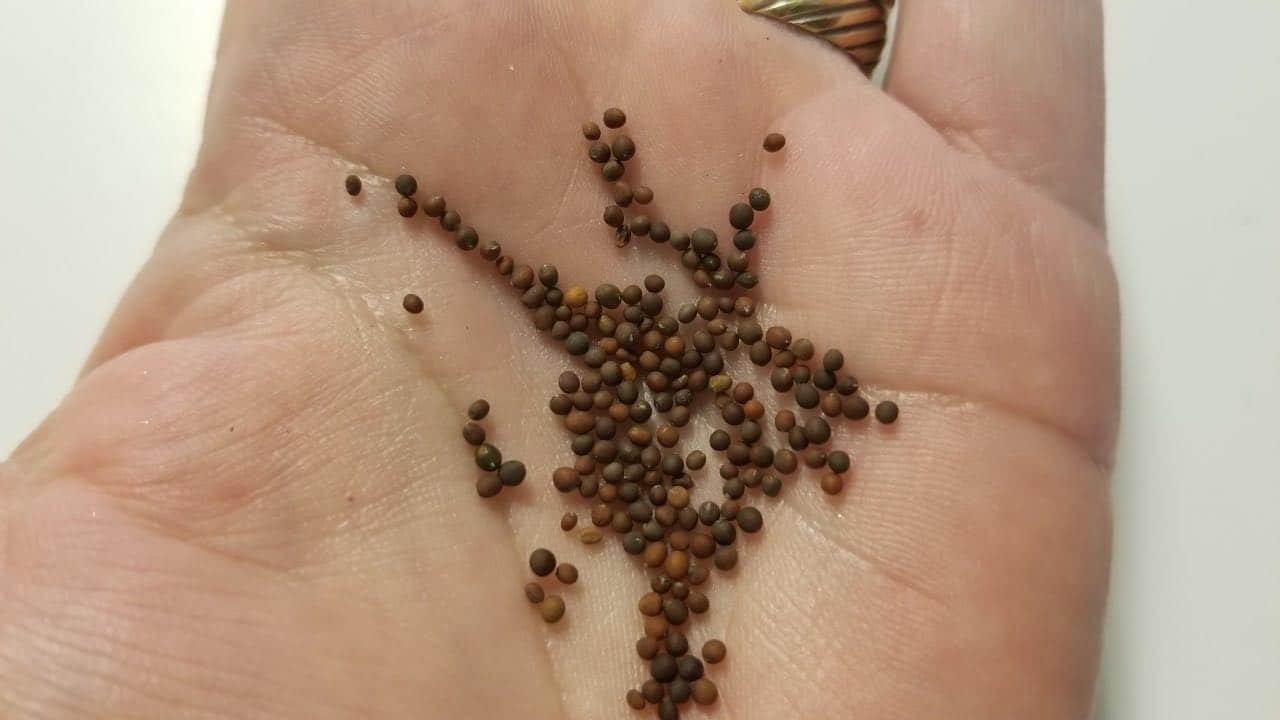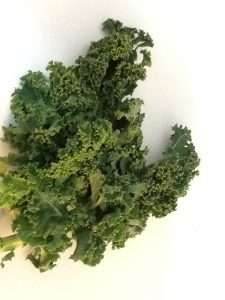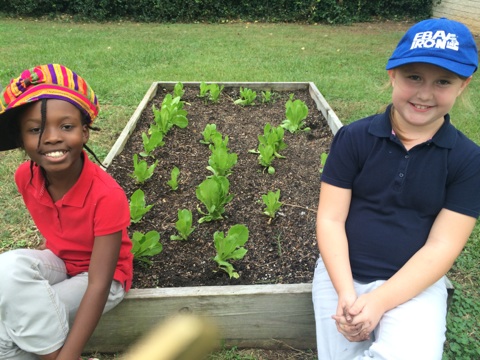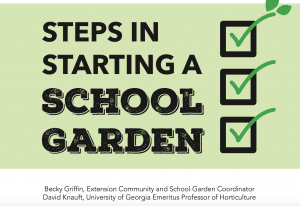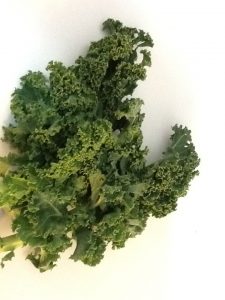Fall is a busy time for gardeners and this fall will be especially busy with several exciting conferences scheduled in Georgia.
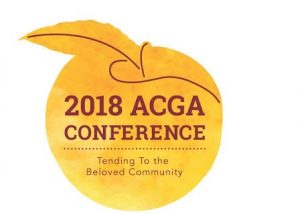
September 13th – 16th the American Community Gardening Association will have its 39th annual conference in Atlanta. Events will take place all across Atlanta with the hub of presentations at the Georgia International Convention Center in College Park. The theme is “Tending to the Beloved Community.” There are 36 presentations scheduled, tours of Atlanta area gardens, and a gala at the Atlanta Botanical Gardens. Registration is open. The conference schedule features several notable speakers including Georgia Department of Agriculture Commissioner Gary Black. I have heard him speak several times and he always delivers an entertaining and inspiring presentation.
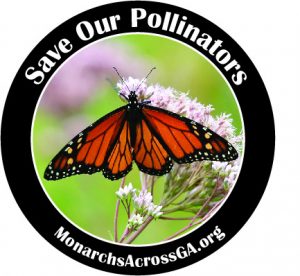
September 22nd is the Monarchs Across Georgia Pollinator Symposium at the Monastary of the Holy Spirit in Conyers. This event will have fantastic speakers, nature walks, exhibitors and demonstrations. Many of you all feature pollinator spaces in your gardens and this would be a worthwhile day for you! Registration is open.
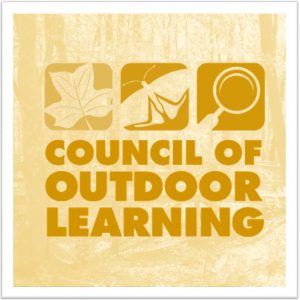
October 19th – 20th the Council of Outdoor Learning is holding their Outdoor Learning Symposium. It will be held at the Garden School in Marietta, just off the square. The Council of Outdoor Learning, an initiative of the Environmental Education Alliance of Georgia (EEA), is a coalition of organizations and individuals who share an interest in the design, development, maintenance, use, and longevity of outdoor classrooms. COOL serves teachers, parents, principals, and community volunteers as a resource link, providing up-to-date training and information to those interested in building and using outdoor classrooms. This will be a fantastic event for school gardeners and community gardeners who are interested in finding additional ways to use their space.
All three of these events are worth your consideration. Don’t forget to check with your local UGA Extension office for fall classes on cool-season gardening.
Happy Conferencing!

